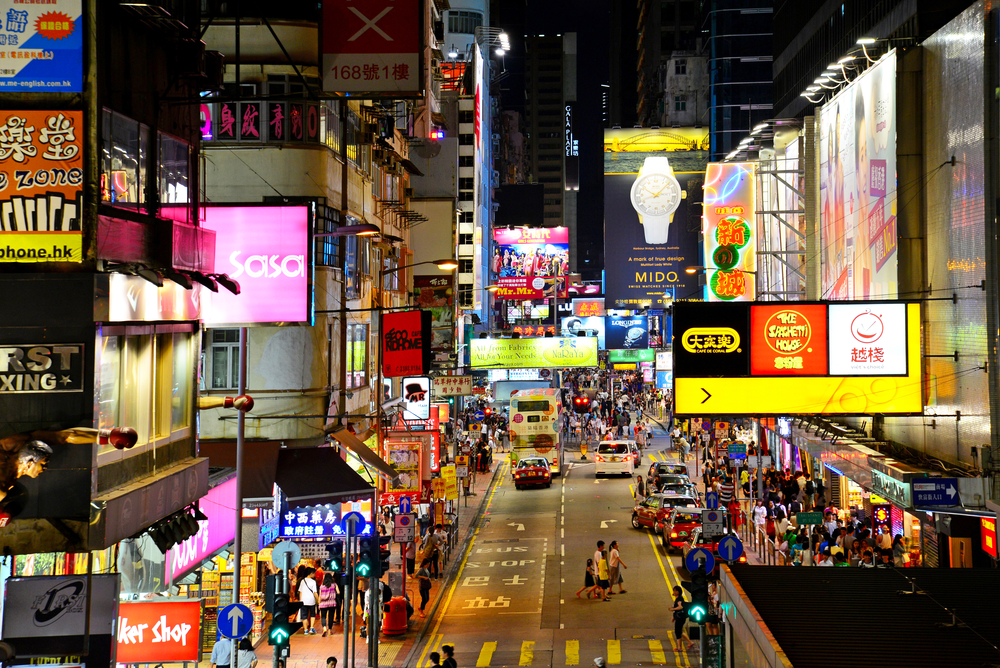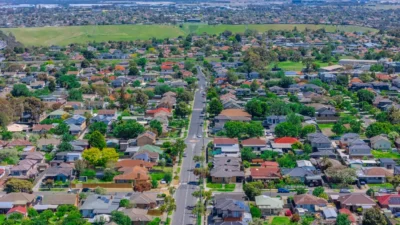Hong Kong’s tourism and retail sectors show strong growth
Unemployment rates are dropping, and the city looking to make industries more value-added and technology-focused

Hong Kong’s economy is showing signs of recovery as it lifts previous restrictions. Between 5 April and the end of the Easter holiday on 26 April, more than 4.2 million people entered or left Hong Kong, according to Asia News Network. This was the first long holiday since travel restrictions were lifted. International events have resumed in the city and the tourism sector, one of the worst-hit industries during the pandemic, is rebounding fast.
The seasonal unemployment rate from December to February fell to 3.3 percent, down from a high of seven percent during the pandemic. Local economic growth is expected to be more than 3.5 percent this year.
To attract young people and tourists to Hong Kong, experts suggest the city’s low-skilled industries should transform to become more value-added and provide increased professional services. This includes the tourism industry becoming qualitative-oriented instead of quantitative-oriented.
Related: A sinking feeling in Hong Kong
Hong Kong needs to adapt to the shift to online shopping and become a global innovation and technology hub by nurturing more technology companies in high-tech fields such as artificial intelligence, semiconductor electronics, and financial technology. These companies not only have high added value, but they can also drive development of upstream and downstream complementary industries, bringing new economic opportunities to the city.
Reuters reported Hong Kong’s retail sales in February increased 31.3 percent year on year to HKD33.1 billion (USD4.22 billion), the biggest percentage growth in a month since February 2010, driven by a sharp rebound in visitor arrivals and low figures in the year-earlier period. In value terms, sales rose 6.9 percent year on year in January.
After strict health and safety restrictions battered sales at bars, restaurants and shops in Hong Kong, all border checkpoints were reopened fully in early February and the city dropped its mask mandate on March 1. Recovering consumer spending on the mainland and a rebound in travel are expected to help the city’s economy grow 3.5 percent-5.5 percent this year.
The Property Report editors wrote this article. For more information, email: [email protected].
Recommended
Inside Asia’s luxury resort residences that are redefining high-end living
Asia’s resort residence market is witnessing a shift as investors eye larger, multifunctional units
How joining BRICS could give Thailand and Malaysia a new economic edge
Thailand and Malaysia are eyeing membership in the bloc of emerging nations
How Modi’s real estate reforms are transforming India’s housing market – and what’s next
A coalition led by the strongman prime minister Narendra Modi is looking to consolidate gains in the property market
Why Japan’s new interest rates might spark a transformation in Niseko’s property market
A new era for Niseko’s wintry property market dawns with the sunset of Japan’s negative rates regime








